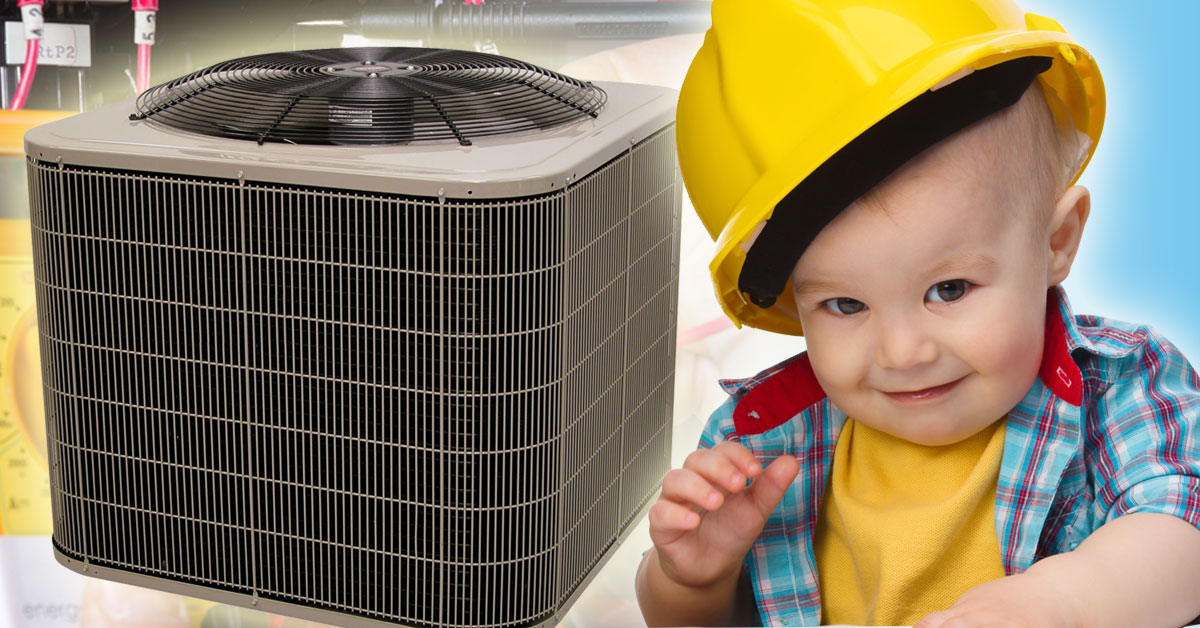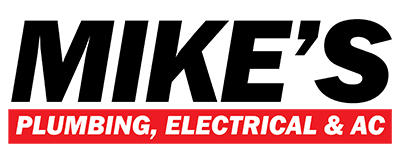
Too HOT? Too COLD? We’ll Make It…. Just Right!
You don’t have to bear it alone. We understand. Heating and AC Problems happen at the worst possible time.
It’s so frustrating it makes you want to scream! Well when you feel that urge, we want you to scream, “Help, Mike’s Plumbing Electrical & HVAC!”.
We have a reputation for showing up on time, listening to you (so we can properly diagnose the problem) and cleaning up as we work so you don’t have too. Just call. We’ll have you back to normal in no time! Call 956-686-1353
Did you know that taking preventative measures with your air conditioning unit during the fall/winter season can prepare you for next summer? Here are three preventative maintenance tips for fall and winter.
1. Make Sure Your Air Filters Are Replaced – Air filters should be changed every three months but that can change based on where your home is located, if you have pets, and the age of the system and equipment.
2. Clean Up Around Your Unit – Even when it’s not in use, you should keep it clear of leaves, dirt, twigs, and other debris.
3. Call in The Professionals – AC professionals should perform maintenance on your system twice a year. They should inspect electrical wiring, contractors, coils, filters, motors, safety switches, refrigerant levels, drain lines and gas pressure.
Maintenance during the fall/winter season can save you from issues that may arise in the summer heat.
1. Replace any light bulb, especially ones that burn more than one hour per day, with an LED bulb.
2. Seal gaps and holes in walls, floors, and ceilings with caulk or foam sealant. Seal cracks around windows and where wires and pipes pass through.
3. Plug electronic devices such as cable boxes, printers and TVs into power strips to turn off during vacations or long periods without use. Smart power strips are a good investment.
4. Close shades and drapes during the day to help keep your home cooler in the summer and warmer in the winter.
5. Change your HVAC system filter when dirty.
6. A one degree increase in heating set-point or reduction in cooling set-point can increase energy use by 3 – 5%.
7. Have your duct work checked for leaks. Leaks at the return, air handler and supply can be a major source of energy waste.
8. Set both the upper and lower water heater thermostats no higher than 120 F.
9. An electric space heater can cost more than $100 per month to operate. Minimize their use, except for limited or temporary spot heating. Turn space heaters off when leaving the room.
10. Ensure refrigerator door seals are tight. Eliminate unnecessary refrigerators.
Here are some additional ideas: upgrade to a high-efficiency air conditioning system, install ceiling fans, schedule annual maintenance check-ups, don’t block vents in well-used rooms, close vents in unused rooms, and install a programmable thermostat, close blinds and install curtains on windows. For 101 ways to save money check out this Magic Valley Electric article.
- 1) Smart thermostats: The EPA reports that you could save $180/yr by using a smart thermostat. Magic Valley Electric members can now receive a $50 rebate when they install a Nest thermostat.
- 2) Leaky duct work: According to Energy Star, leaky ducts can reduce heating and cooling system efficiency by as much as 20 %.
- 3) Energy saving unit: switching to a higher SEER unit can save 38% on your yearly energy bill. Use our calculator to see how much you can save. (CLICK HERE)
- 4) Maintenance: Servicing your unit will help to identify failing parts or low freon which can use energy.
- 5) Filters: Replacing a dirty, clogged filter with a clean one can lower your air conditioner’s energy consumption by 5-15%.
- 6) Adjust your thermostat: A one degree increase in heating set-point or reduction in cooling set-point can increase energy use by 3–5%.
- 7) Correctly sized unit: An oversized will use more energy cycling on/off and will not remove Humidity adequately, leaving a sticky feeling. Under sizing a unit will cause the AC to run longer than usual.
No, you don’t want your heating or cooling system to be too large. Air conditioners control the comfort level in your home by cooling the air and by removing humidity. An oversized AC can cool your home faster, but it will use more energy and will not remove humidity adequately. In addition, your existing ductwork may not be able to support the airflow of a larger system.
How can I tell if my unit is too big? (If you answer yes to one or more of the following questions your unit may be too big.) Is your unit frequently turning on/off? Does your house feel wet and damp? Are you constantly at an uncomfortable temperature? Is there mold or mildew stains in the house? Is your energy bill too high?
Don’t fret, call Mike’s today to ask about financing.
Most systems have a lifetime of 10 to 20 years. As your equipment gets older, efficiency can decrease dramatically. When a unit begins to show its age, you have two choices: overhaul the system or replace it. Because heating and air conditioning technology improves over time, a unit designed with newer, more energy-efficient equipment makes sense, especially if your system is 10 or more years old. Did you know you can finance with Mike’s Plumbing, Electrical & AC? Call today!
While it may cost less initially to replace the outdoor unit on an older system, over time expenses will add up and may even cost you more. Replacing only the outdoor unit will lower the efficiency of the unit. Even worse, your system may fail sooner than normal and most manufacturers’ warranties will be voided. You should always replace the indoor cooling coil along with the outdoor unit.
Did you know? Two in five deaths in space heater fires involve portable electric space heaters.
Types of space heaters: Oil or water-filled radiator – Heated oil or water travels through the heater; Fan-forced heater – A fan blows warm air over metal coils; Ceramic heater – Air is warmed over a ceramic heating element; Infrared heaters – Heat is created by infrared bulbs.
Space Heater Safety Checklist:
• Purchase a heater with the seal of a qualified testing laboratory.
• Keep heater at least 3 feet away from anything that can burn, including people.
• Choose a heater with a thermostat and overheat protection.
• Place the heater on a solid, flat surface.
• Make sure your heater has an auto shut-off which turns the heater off if it tips over.
• Keep space heaters out of the way of foot traffic. Never block an exit.
• Keep children away from the space heater.
• Ensure your smoke detectors are working.
• Plug the heater directly into the wall outlet. Do not use an extension cord.
• Space heaters should be turned off and unplugged when you leave the room or go to bed.
• Mighty Mike can help you find alternative solutions, such as a heat pump and gas/electric heaters.

